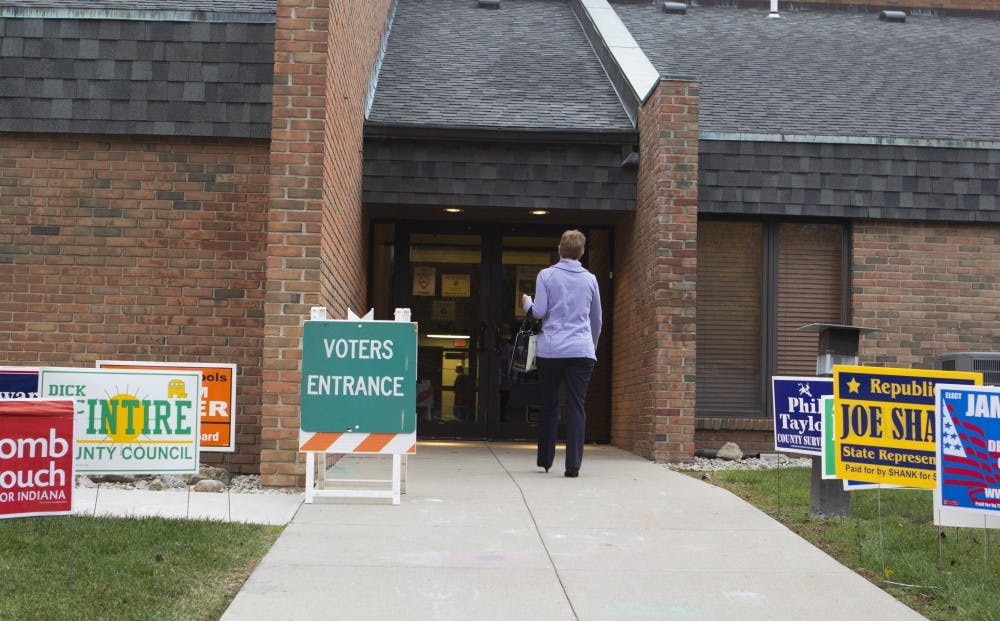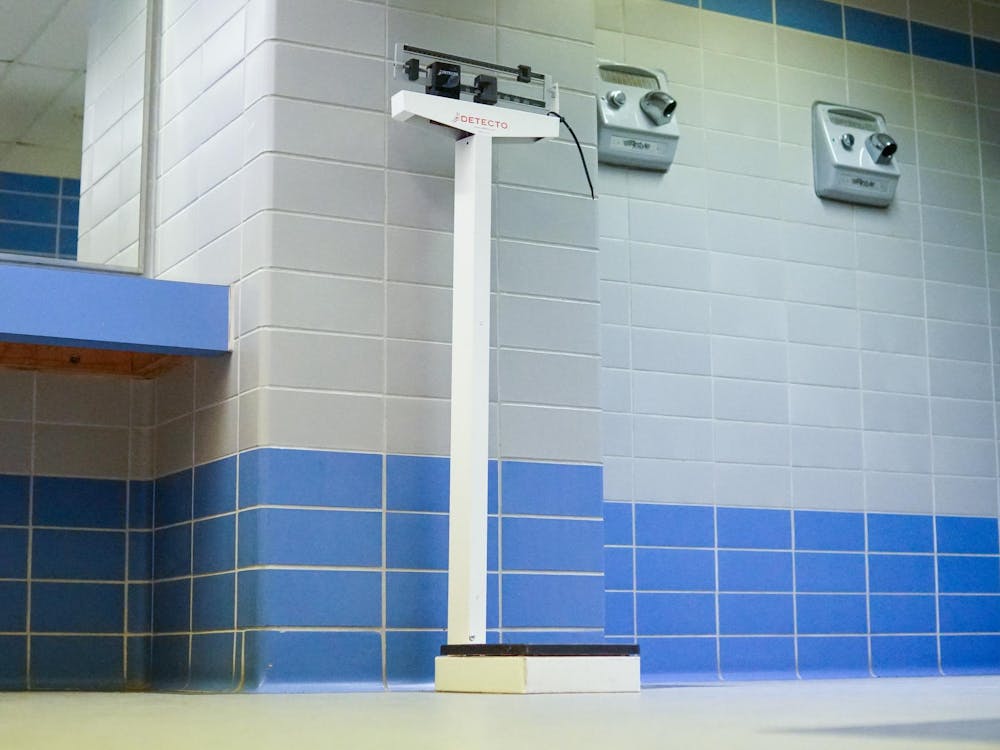Many people didn’t vote on Election Day — but not for lack of trying.
Cole Brayfield, a senior psychology student, got to the polling station at the Muncie Field House on Nov. 8 only to discover he was unable to vote.
“My registration hadn’t come through because I hadn’t put my apartment number on my registration form,” Brayfield said. “I could do a provisional ballot, but they said it would take a while, and I would have to meet with officials and explain why I had to do a provisional ballot. So I’m just not voting.”
The long and confusing process of casting a vote was a big turn off for Brayfield, despite his enthusiasm for making his voice heard.
“I’ve been excited to vote and I’ve been interested in keeping up to date with the election and the candidates and everything,” Brayfield said. “It’s so weird that this happened.”
Just over half of registered voters in Delaware County showed up to vote on Election Day, with only 46,266 votes cast out of the 91,017 registered voters. Nationally, voter turnout only reached 57 percent, according to Business Insider.
The 2016 election was the first in over fifty years that was not fully protected by the Voting Rights Act, with over fourteen different states introducing new restrictions for this election, such as reducing the early voting period or cutting polling places. Many of these restrictions were pushed by members of the GOP, such as Republican Senator Bob Rucho from North Carolina, who pushed for a bill that resulted in voters being purged from the rolls and in early-voting locations being shut down.
This year, Texas voters also had to follow strict photo ID regulations in order to cast a ballot, and voters in Wisconsin and Ohio have been denied having polling places on college campuses and have rejected ballots because of "minor technical issues."
Due to changes to Section 5 of the Voting Rights Act, approved by the Supreme Court, over 800 polling places have been closed nationally, with one precinct in Arizona having just one polling station per 21,000 registered voters.
Civil rights groups and Democratic opponents have criticized these changes as racist. However, proponents of the new regulations reject this, saying they are preventative measures to combat voter fraud.





